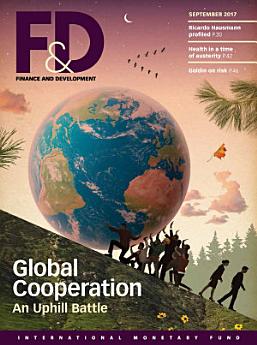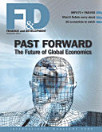Finance and Development, September 2017
International Monetary Fund. External Relations Dept.
Sep 2017 · International Monetary Fund
Ebook
64
Pages
reportRatings and reviews aren’t verified Learn More
About this ebook
This paper focuses on the United States and the United Kingdom that were the main architects of the post-1945 order, with the creation of the United Nations systems, but they now appear to be pioneers in the reverse direction—steering an erratic, inconsistent, and domestically controversial course away from multilateralism. Other countries, meanwhile, for various reasons are incapable of assuming that global leadership and the rest of the world likely would not support a new hegemon in any event. The postwar system created at the BrettonWoods, New Hampshire, conference in 1944 should be credited with economic growth, a reduction in poverty, and the absence of destructive trade wars. It built a comity that encourages to this day cooperation on issues as diverse as taxation, financial regulation, climate change policy, and terrorism financing. The central postwar concern was international financial stability. The United States and the newly created International Monetary Fund were at the center of a system that sought to maintain that stability by linking exchange rates to the dollar, with the IMF the arbiter of any changes.
Rate this ebook
Tell us what you think.
Reading information
Smartphones and tablets
Install the Google Play Books app for Android and iPad/iPhone. It syncs automatically with your account and allows you to read online or offline wherever you are.
Laptops and computers
You can listen to audiobooks purchased on Google Play using your computer's web browser.
eReaders and other devices
To read on e-ink devices like Kobo eReaders, you'll need to download a file and transfer it to your device. Follow the detailed Help Center instructions to transfer the files to supported eReaders.








